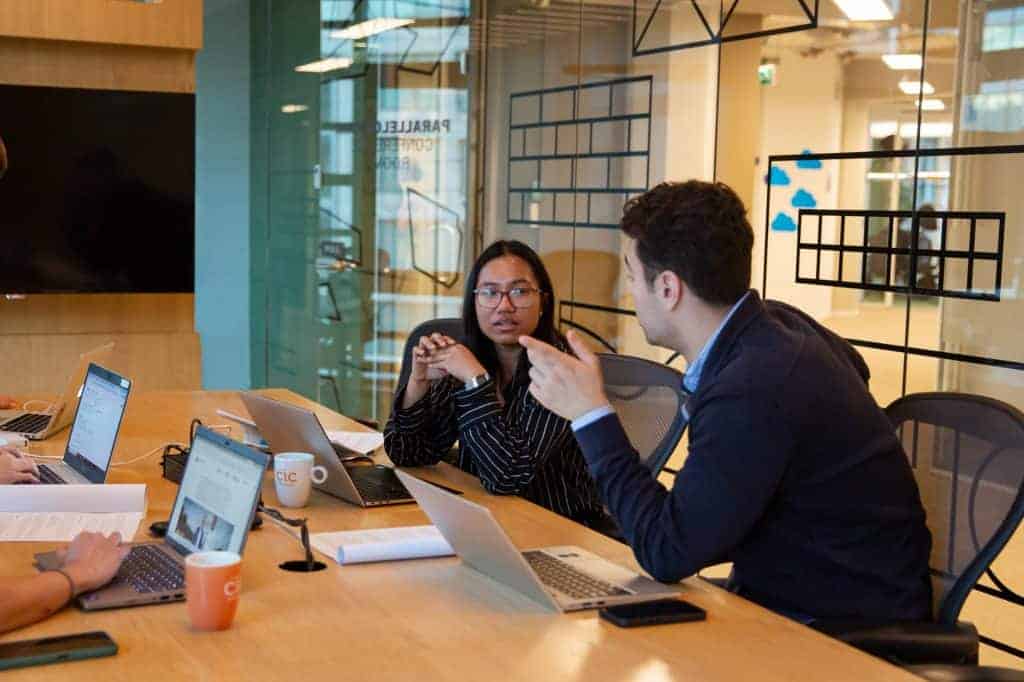Time flies when you’re having fun! Having started in May, we are now halfway through the 5-month-long KIN Purpose Accelerator! Over the past few weeks, seven talented PhD candidates have been conducting research aimed at creating an evidence-based climate valorisation. The results will be delivered at the end of October, but in the meantime, we are pleased to share the key lessons learned so far.
Lesson 1: Embrace the complexity
Climate research is broad, diverse, and complex. At the same time, the short duration of the program requires an early identification of relevant themes and pilots. Therefore, the task is to collaboratively seek out the most promising themes and pilots while ensuring scientific integrity is maintained.
Lesson 2: Practice is the starting point for key lessons
Climate research encompasses various main themes and perspectives that overlap and collaborate – and fortunately so! Within this program, practice takes the lead. We move away from silo thinking towards an integrated vision of climate interventions.


Lesson 3: Attribute multidisciplinary meaning to concepts
The research group consists of seven PhD candidates with very diverse backgrounds. This diversity is both interesting and beneficial for collaboration but also means that not everyone assigns the same meaning to terms. Additionally, research methods and results are valued differently. By jointly defining and appreciating terms and research, this hurdle has been overcome.
Lesson 4: Not all good ideas automatically answer a question
For creating an evidence base, a large number of pilots are analysed. However, the transition from research to practical application is a significant step that is not feasible for all researchers. The scientists take this into account in both their research and recommendations.
Lesson 6: Align reporting with practical touchpoints
Delivering the results may still seem far off, but the knowledge brokers are already considering the final report. The end product of this transdisciplinary project requires a non-standard report. With input from various experts, the PhDs are creating a format for key lessons that KIN can build upon.
What’s next?
In the coming weeks, the PhD candidates will continue their research. On August 15th, the group will reconvene under the guidance of Daphne Truijens to elevate the research to the next level before a live knowledge brokering session with KIN, scheduled for September 11th. The final session is planned for October 29th, where the PhD candidates will visit KIN to deliver and present the project – with a celebratory reception, of course. We are already looking forward to it!


